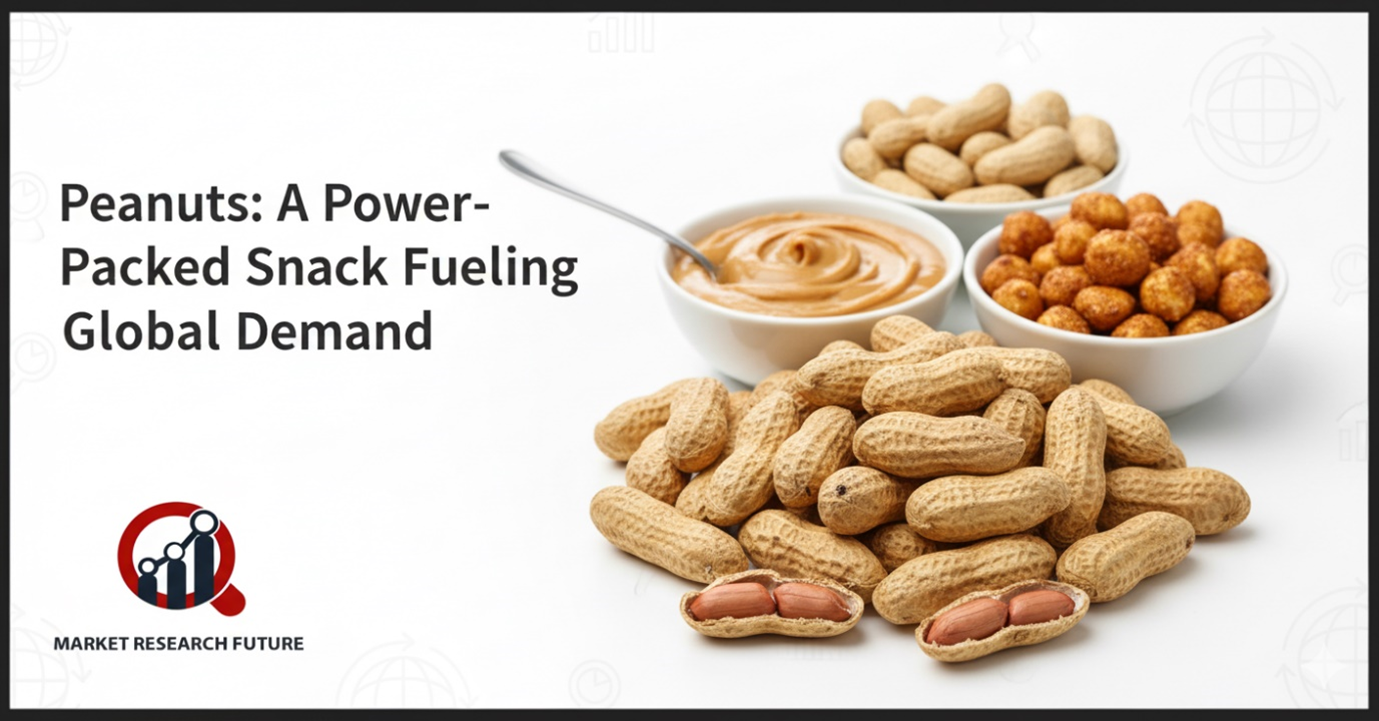Peanuts: Health Benefits and the Rising Demand Across the World

Peanuts: A Power-Packed Snack Fueling Global Demand
Peanuts have been a favorite around the world for a long time. They are crispy, tasty, and excellent for you. These small legumes have a major position in both traditional and modern diets. You can eat them roasted, salted, or ground into creamy peanut butter. Peanuts are a tasty way to add protein and texture to any meal, from snack bowls to sauces.
Not Just a Snack
A lot of us eat peanuts as a quick snack, but they have more to them than taste. They are full of plant-based protein, healthy fats, fiber, and important vitamins and minerals, including magnesium and vitamin E. These things work together to improve your heart, give you more energy, and keep you full longer. Peanuts can be a terrific part of a healthy diet if you don't consume too many of them.
The Global Peanut Comeback
Peanuts have been more popular again in the last several years. Peanuts have been a popular choice for health-conscious people because more people are eating plant-based diets and snacks high in protein. They are cheap, useful, and good for the environment, which makes them quite popular in global marketplaces. In fact, a lot of countries are now encouraging people to cultivate and make peanuts to meet this expanding need.
From the ground to the spoon
Peanuts are farmed in many places, including Africa, Asia, and the Americas. Farmers respect them not just for how good they are for you, but also for how good they are for the environment. Peanuts are legumes, which means they naturally add nitrogen to the soil. This makes them a good choice for the environment. Peanuts can be made into many different things after they are picked, such as oils, flours, spreads, and snacks.
Peanut Butter and More
Peanut butter is still one of the most popular peanut foods. It's a common food in many homes and an easy way to include plant-based protein in your diet, whether you like it smooth or crunchy. Peanuts are increasingly being utilized in new foods, including plant-based protein bars, dairy-free drinks, and gluten-free baking ingredients, in addition to spreads.
The Future
Peanuts show that even basic items may have a big effect. They mix tradition, flavor, and health while also helping local farmers and farming that is good for the environment. Peanuts will continue to be at the center of the global snacking revolution as people hunt for healthy, cheap, and environmentally friendly foods.

Leave a Comment